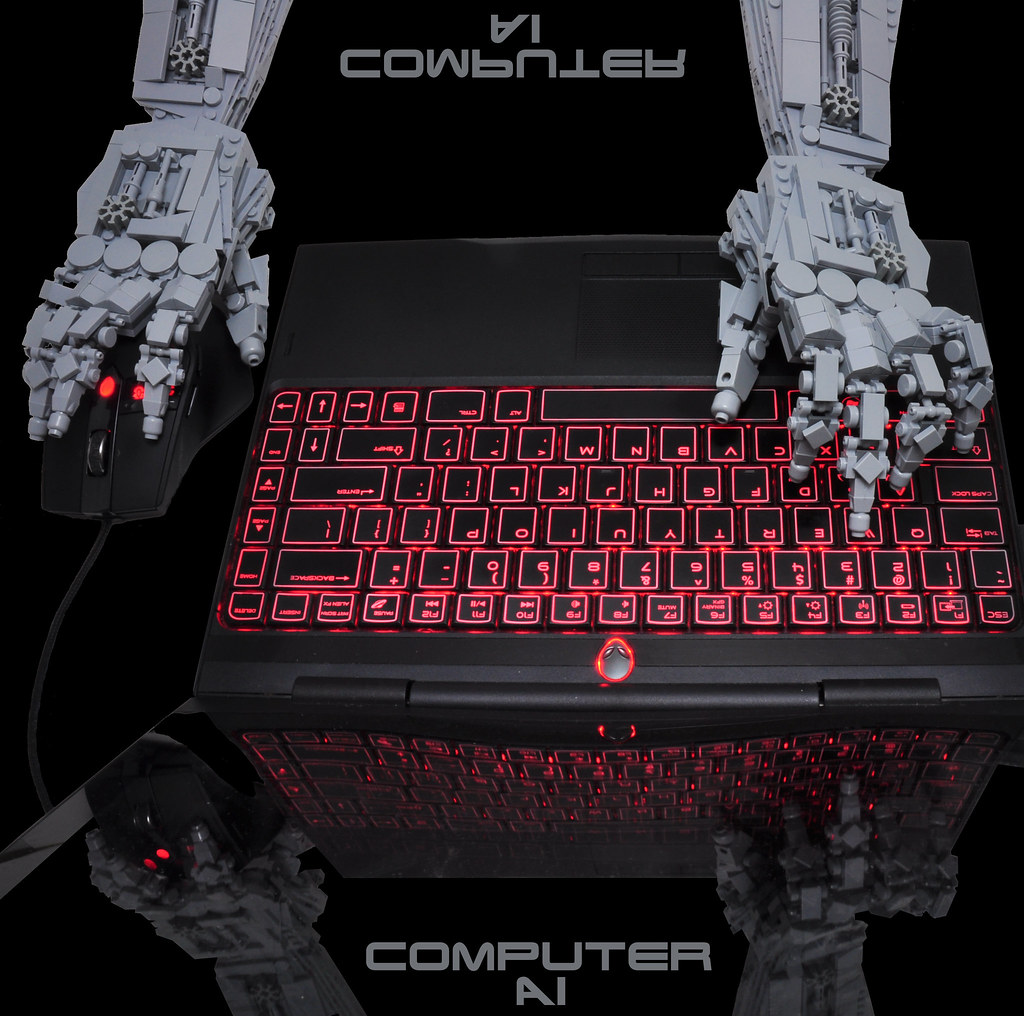Music is an industry that is further changing and expanding its horizons by creating new genres and sounds almost every year. The production of music is an expression of creativity for the artists, producers, and songwriters of music across every genre. They add certain symbols, drums, 808’s, and bass to enhance the song they are creating to make it listenable and enjoyable for the audience they are creating their music for.
Artists want to put out a product that resonates with their listeners and for many people in this world music gives people a sense of peace: in some cases, music can save people’s lives just based on lyrics alone. Music influences and impacts everyone in a different way, but what happens when that idea of expression and creativity is replaced with a computer?
Artists, producers, lyricists, and executive producers have been using AI and computers for decades to help advance their music and create new sounds. But artificial intelligence which is known as AI, has risen to new heights within the modern age of technology. AI will eventually and inevitably affect every industry across the world because computers don’t have thoughts, emotions, biases, or room for error. But, the first major industry that has felt the effects of artificial intelligence, is music.
The first major example of AI in music was when a TikTok user by the name of “ghostwriter 977.” On April 4, 2023 the anonymous producer released the song “Heart on My Sleeve” and it exploded with popularity on TikTok, Apple Music, and Spotify. The song used AI voice filters to mimic the voices of famous musicians Drake and The Weekend with shocking accuracy and without the knowledge of both artists.
The song was eventually removed on all streaming platforms by Universal Music Group (UMG) for “infringing content”, but the song can still be found on Youtube just by searching “Heart on My Sleeve” and it is the first song to pop up. This song was just a stepping stone for what can happen and did happen: because of this one song thousands of AI covers were released using real people and fictional characters. People like Kanye West, Frank Sinatra, Michael Jackson, Freddie Mercury, and even fictional characters like Spongebob and Patrick are covering songs through the use of AI voice filters.
Pros and Cons of AI in Music
The Pros to AI helping musicians, writers, and producers is how AI could speed up the process of mixing, mastering, creating music and beats. The AI-powered tools are also used to help musicians write and adjust certain lyrics as well as being able to create a more efficient and creative process. It can also improve the listening experience for users all over the world, by using certain tools that already being implemented in streaming services like Spotify and Apple Music. Today, Spotify’s Discover Weekly and Apple Music’s Personalized Radio use AI to recommend songs to listeners based on their listening history and preferences in music. These radios and tools not only benefit listeners by expanding their musical horizons, but also provide a powerful tool for artists seeking to reach new and engaged audiences.
With all of the positive opportunities with AI there are a lot of risks and negative effects, and some of those emerging challenges are seen with streaming platforms. For example there is Spotify and Apple Music where music is uploaded by AI, and being played and streamed by AI, to make money. Some of the negative impacts that AI has is that it can put writers and producers out of job and these people who are starting to lose their jobs will now have to fight against an algorithm to save their form of income.
AI doesn’t create music, it generates “new” music by creating algorithms and deciphering song patterns from a vast amount of musical data. AI is also using the voices and music of people and artists without their permission. This generative music is different from sampling which has been happening for decades in that an artist must ask permission to sample a piece of music and this could lead to copyright issues and being used for your image and likeness. Shockingly, AI can replicate a voice or sound within 10 seconds of putting it into its own self made algorithm.
It is possible that AI could eliminate creative expression within the music industry and one of those possible creative expressions it could destroy is, the art of sampling. Sampling is very popular within the genre of Hip Hop, and in essence sampling is when an artist, writer, or producer includes an element of an existing recording by someone else in a song. A sample can be anything that has been ‘sampled’ from another track; a rhythm, a melody, a beat, vocals, which then an artist or producer can edit, chop, manipulate, or loop to fit creatively within their new work. Through sampling and music creation producers and artists take years to mold, shape, and forge their craft to create their own new sound and style of music and without that creativity music isn’t a form of expression anymore it is something generated by an algorithm.
The use of AI voice filters, algorithms, and production could be great for music production or it could destroy it, and it will come down to regulations of the technology and how it is used in the world around us. In the end, AI should be used to enhance human expressions and creativity in music and not erase it completely.

